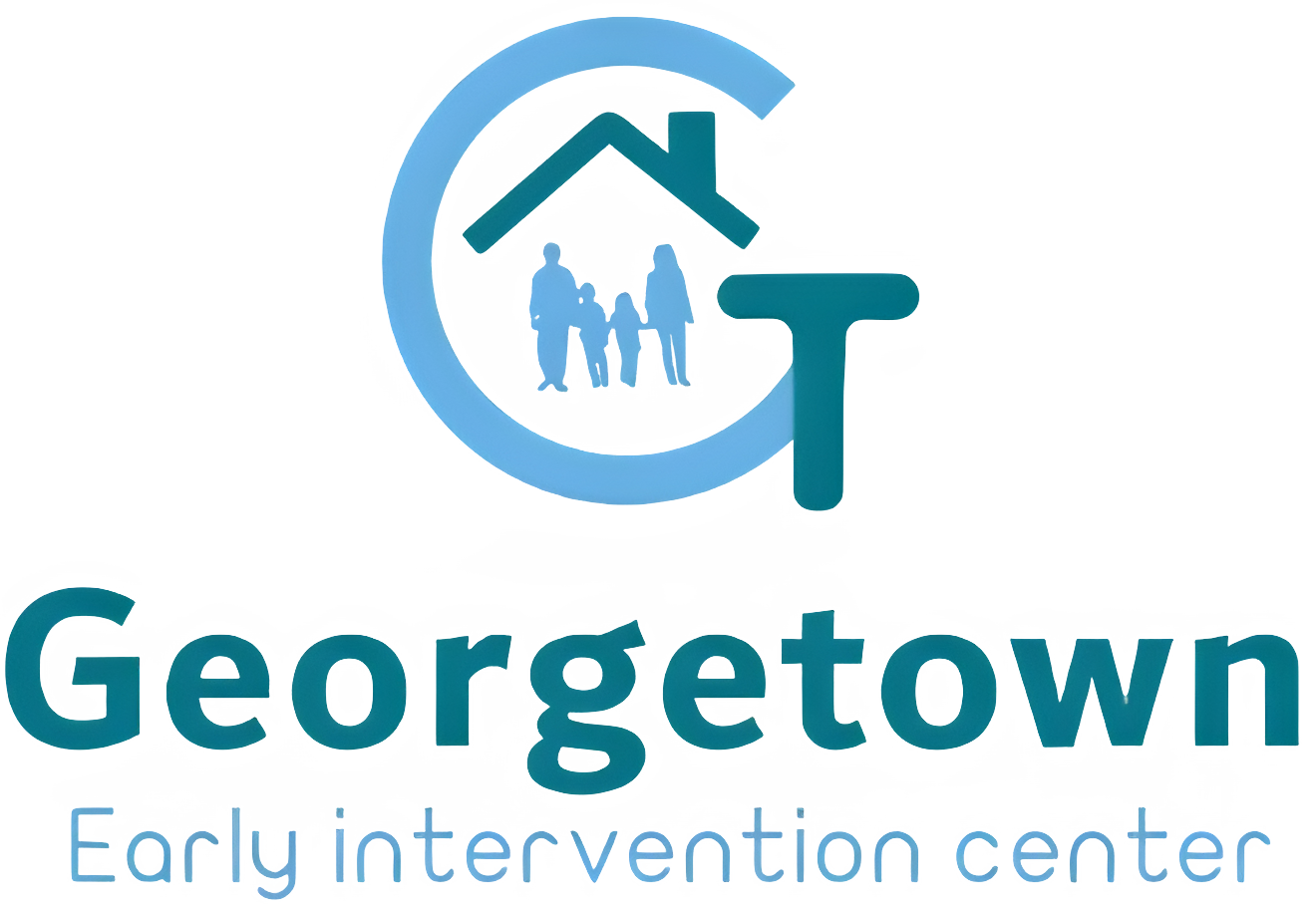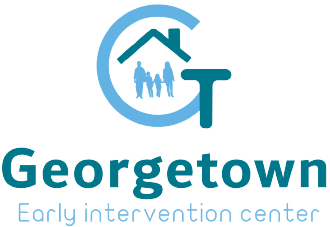As parents, we all want our children to reach their full potential. We want them to succeed academically, socially, and emotionally. However, for some children, developmental challenges can make achieving these goals more difficult. That’s where occupational therapy comes in. Occupational therapy is a specialized form of therapy that focuses on helping individuals develop the skills they need to perform the activities of daily life. This includes tasks such as self-care, play, social interaction, and academic performance. In this blog post, we will explore the benefits of occupational therapy for children and how it can help your child reach their full potential.
What is Occupational Therapy and How Does it Work?
Occupational therapy is a type of therapy that focuses on helping individuals develop the skills they need to perform the activities of daily life. This can include tasks such as dressing, grooming, eating, and other self-care tasks, as well as play, social interaction, and academic performance. Occupational therapists work with children who have developmental challenges, such as delays in fine motor skills, sensory processing issues, and other issues that can impact their ability to function in daily life.
The first step in occupational therapy is to assess your child’s needs and identify areas where they may be struggling. This can involve a variety of assessments, including standardized tests, observations, and interviews with parents and caregivers. Once a diagnosis has been made, the occupational therapist will develop an individualized treatment plan tailored to your child’s needs and goals.
Benefits of Occupational Therapy
Occupational therapy can provide a range of benefits for children with developmental challenges. Some of the key benefits include:
Improved Fine Motor Skills: Fine motor skills are the small muscle movements that allow us to perform tasks such as writing, drawing, and using scissors. Occupational therapy can help children develop these skills, which can improve their ability to perform academic tasks and other daily activities.
Improved Self-Care: Occupational therapy can help children develop the skills they need to perform self-care tasks such as dressing, grooming, and eating. This can help them become more independent and confident in their abilities.
Improved Academic Performance: Many children with developmental challenges struggle with academic tasks such as writing, reading, and math. Occupational therapy can help children develop the skills they need to succeed academically.
Improved Social Interaction: Occupational therapy can also help children develop the social skills they need to interact with others. This can include skills such as turn-taking, sharing, and following social cues.
Our Occupational Therapy Services
At Georgetown UAE, we are committed to providing high-quality occupational therapy services to children with developmental challenges. Our experienced occupational therapists use evidence-based interventions to help children develop the skills they need to succeed in daily life.
Assessments and Evaluation
The first step in our occupational therapy services is to assess your child’s needs and identify areas where they may be struggling. We use a variety of assessments to identify your child’s strengths and weaknesses, including standardized tests, observations, and interviews with parents and caregivers. Based on this assessment, we develop an individualized treatment plan tailored to your child’s needs and goals.
Occupational Therapy Sessions
Our occupational therapy sessions are designed to be fun and engaging for children. We use a variety of activities to help children develop the skills they need to succeed in daily life. This can include activities such as puzzles, games, and arts and crafts. Our therapists work with your child to help them develop the skills they need to succeed in daily life.
Working with Parents and Caregivers
We understand that parents and caregivers play a key role in their child’s development. That’s why we work closely with parents and caregivers to ensure progress. We provide regular updates on your child’s progress and offer strategies and techniques that you can use at home to support your child’s development.
FAQ
What is occupational therapy for children?
Occupational therapy for children is a specialized therapy that focuses on helping children improve their fine motor skills, self-care, and academic performance. It involves working with children to develop skills that are necessary for daily living, such as dressing, eating, writing, and playing.
What age range can benefit from occupational therapy?
Occupational therapy can be beneficial for children of all ages, from infants to teenagers. Depending on the child’s specific needs, therapy may start as early as a few months old and continue throughout childhood.
What are some common conditions that can benefit from occupational therapy?
Occupational therapy can benefit children with a variety of conditions, including developmental delays, sensory processing disorder, attention deficit hyperactivity disorder (ADHD), autism spectrum disorder, cerebral palsy, and Down syndrome.
What are some common interventions used in occupational therapy?
Occupational therapy interventions may include activities to improve fine motor skills, sensory integration therapy, play therapy, and cognitive-behavioral therapy. The therapist may also work with the child’s family to create a home program to support therapy goals.
How often do children typically receive occupational therapy?
The frequency of occupational therapy sessions will depend on the child’s specific needs and goals. Some children may require therapy multiple times per week, while others may only need therapy once a week or less.
How long does occupational therapy for children typically last?
The length of occupational therapy for children varies depending on the child’s needs and progress. Some children may only require a few months of therapy, while others may need therapy for several years.
What should parents expect during their child’s occupational therapy sessions?
Parents can expect their child’s occupational therapy sessions to be engaging and interactive. The therapist will work with the child to develop and improve specific skills, and may incorporate play and other fun activities into the therapy session.
How can parents support their child’s progress in occupational therapy?
Parents can support their child’s progress in occupational therapy by practicing therapy exercises at home, creating a supportive and structured home environment, and communicating regularly with their child’s therapist to ensure that therapy goals are being met.
Will my child need occupational therapy for the rest of their life?
In most cases, children do not require occupational therapy for their entire life. However, some children with more severe or chronic conditions may need ongoing therapy or periodic check-ins with an occupational therapist.
How can I find a qualified occupational therapist for my child?
You can find a qualified occupational therapist for your child by asking for recommendations from your child’s pediatrician or other healthcare providers, searching online for therapists in your area, or contacting your insurance provider for a list of covered therapists. It’s important to choose a therapist who has experience working with children and who makes your child feel comfortable and supported.


